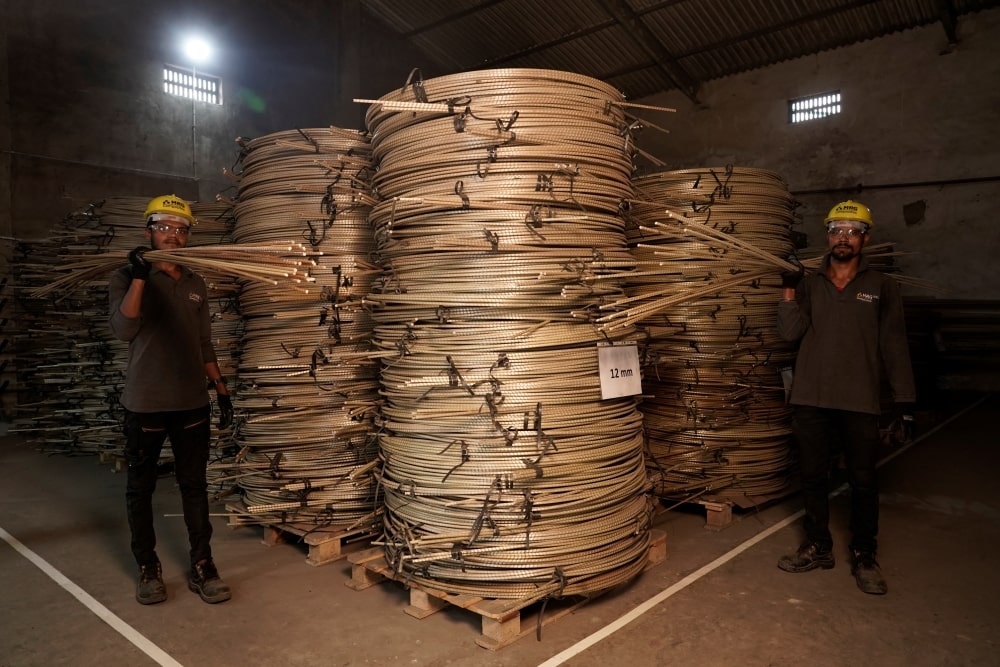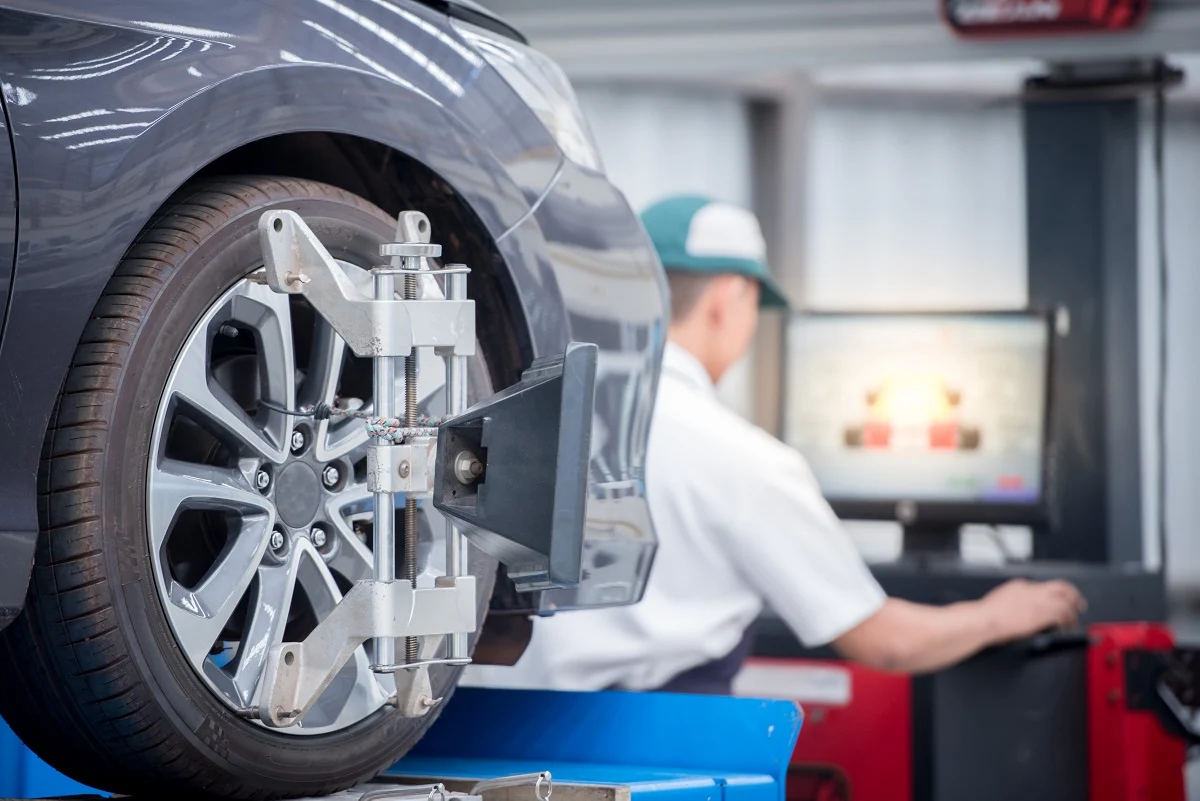Revolutionizing Construction with GFRP Rebar

In the realm of construction, innovation is the cornerstone of progress. One such innovation that has been gaining traction in recent years is the use of Glass Fiber Reinforced Polymer (GFRP) rebar. This groundbreaking material is reshaping the landscape of construction, offering a myriad of advantages over traditional steel reinforcement. Let’s delve deeper into what GFRP rebar is, its advantages, applications, and how it is transforming the construction industry.
What is GFRP Rebar?
GFRP rebar is a composite material made from high-strength glass fibers embedded in a polymer resin matrix. Unlike conventional steel rebar, which is susceptible to corrosion and rust, This rebar is non-corrosive, lightweight, and boasts high tensile strength. Its composition makes it resistant to harsh environmental conditions, making it ideal for various construction projects.
Advantages of GFRP Rebar
The adoption of GFRP rebar offers a multitude of benefits for construction projects:
- Corrosion Resistance: Unlike steel rebar, GFRP rebar does not corrode, ensuring the longevity and durability of concrete structures, particularly in corrosive environments like coastal regions.
- Lightweight: GFRP rebar is significantly lighter than steel, making it easier to handle and transport. This characteristic also reduces labor costs and accelerates construction timelines.
- High Strength: Despite its lightweight nature, GFRP rebar exhibits exceptional tensile strength, providing structural integrity comparable to steel reinforcement.
- Non-Conductive: This rebar does not conduct electricity or heat, making it ideal for structures where electrical conductivity is a concern, such as bridges and buildings in close proximity to power lines.
- Design Flexibility: Its versatility allows for customized designs and shapes to meet the specific requirements of diverse construction projects.
Applications of GFRP Rebar
The versatility and durability of GFRP rebar make it suitable for a wide range of applications, including:
- Bridge Construction: This rebar’s corrosion resistance and high strength make it an excellent choice for reinforcing concrete in bridge decks and abutments, where exposure to moisture and de-icing salts is prevalent.
- Marine Structures: Its resistance to corrosion makes This rebar an ideal choice for marine structures such as seawalls, docks, and piers.
- Highway Pavements: This rebar enhances the durability and longevity of highway pavements, particularly in regions with harsh climates and heavy traffic loads.
- Buildings and Infrastructure: From residential buildings to commercial complexes, This rebar reinforces concrete in various structural elements like beams, columns, and slabs, ensuring resilience against environmental factors.
Understanding Construction
Construction is the process of creating physical infrastructure, encompassing various activities from planning and designing to execution and maintenance. It plays a pivotal role in shaping the built environment, providing essential facilities and structures that support societal needs and economic development.
Types of Construction
Construction can be broadly categorized into several types based on the nature of the project:
- Residential Construction: Involves the construction of houses, apartments, and other dwellings for residential purposes.
- Commercial Construction: Encompasses the construction of office buildings, retail stores, hotels, and other commercial properties.
- Industrial Construction: Focuses on building facilities such as factories, warehouses, power plants, and manufacturing plants.
- Infrastructure Construction: Involves the development of public infrastructure like roads, bridges, airports, and utilities.
MRG Composites Rebar
MRG Composite Rebar is a leading GFRP Rebar manufacturers in India and supplies all over the world. We provide the best GFRP Rebar price in India and all over the world. GFRP Rebar is the best option for construction.
History of Construction
The history of construction is as old as human civilization itself. From the ancient civilizations of Mesopotamia and Egypt to the modern skyscrapers of today, construction techniques have evolved significantly over time. Early civilizations utilized rudimentary tools and materials like stone and clay to erect structures that served as dwellings, temples, and fortifications.
With the advancement of technology and the rise of civilizations, construction techniques became more sophisticated. The use of materials such as concrete, steel, and now This rebar has revolutionized the construction industry, enabling the creation of monumental structures and infrastructure projects that shape the world we live in today.
In conclusion,
GFRP rebar represents a paradigm shift in construction, offering unparalleled advantages in terms of durability, sustainability, and performance. As the construction industry continues to embrace innovation, This rebar stands at the forefront, driving progress and reshaping the way we build for the future. Its widespread adoption heralds a new era of construction that prioritizes resilience, efficiency, and longevity.
Tour Operator Software Market Size, Share, Analysis, Forecast Report 2028











